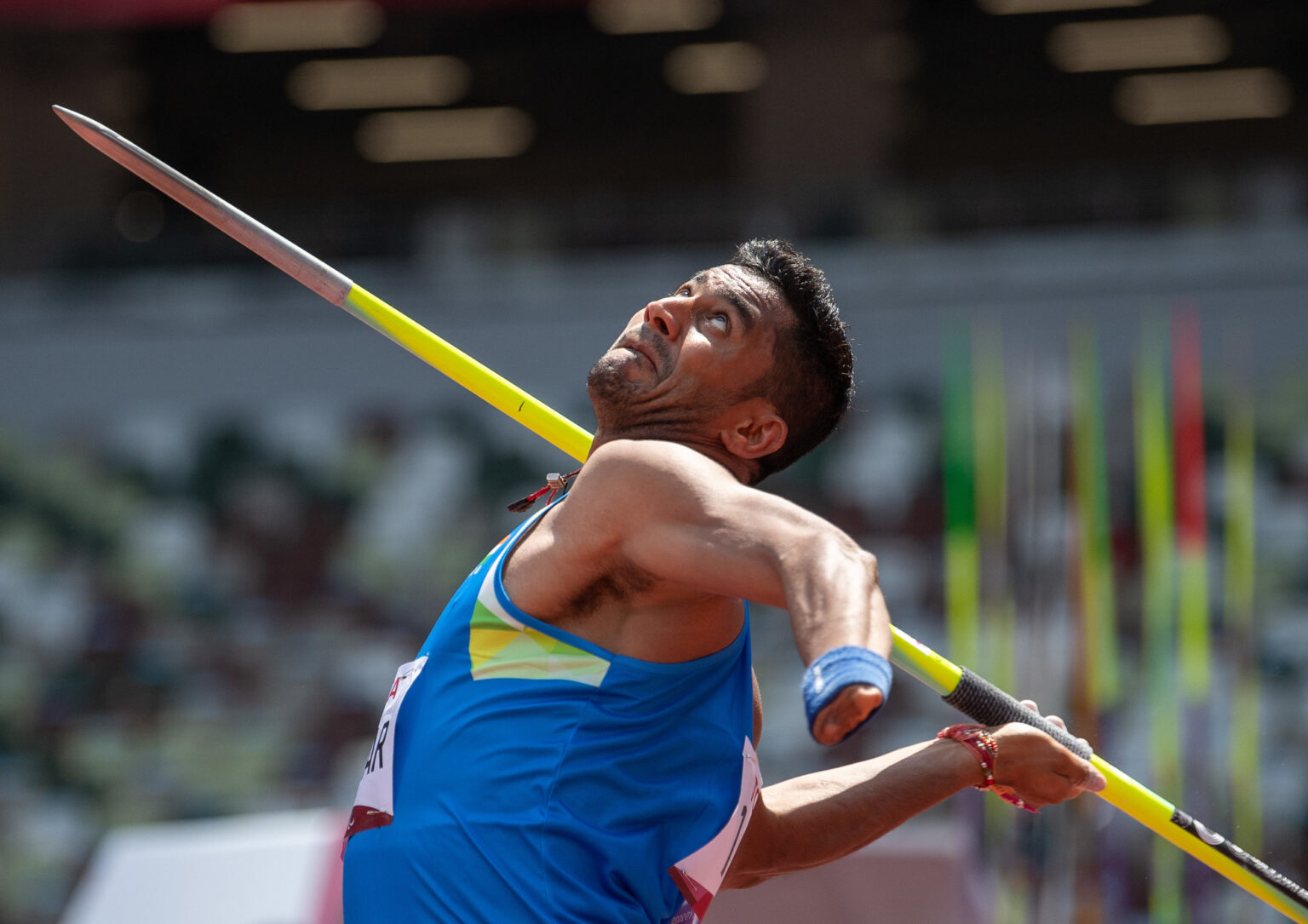The celebration of athletic success often overlooks the significant challenges faced by Paralympians. These athletes deal with serious financial difficulties that able-bodied athletes usually don’t face.
From differences in funding and limited sponsorship opportunities to the high costs of special equipment and expensive travel, Paralympians face financial obstacles that can slow down their progress. This article discusses these challenges and suggests ways to create better support systems for them.
The financial support athletes get from national sports organizations and governments is essential to their careers. However, Paralympians typically get less funding than Olympic athletes. This lack of funding means they have fewer resources for training, coaching, and medical support, all of which are crucial for success at the highest level.
For example, in countries like Canada, Paralympians have historically received a much smaller share of the funding compared to Olympians. This inequality also affects development programs and grants, leaving Paralympic athletes with less help for their training needs.
Visibility is key in athletics because it helps athletes gain sponsorships. Paralympians face major challenges in getting media attention, which makes it harder for them to attract sponsors. Without sponsorships, many Paralympians struggle to pay for their training and competition costs.
Tatyana McFadden, a famous American wheelchair racer, has spoken out about the difficulties Paralympians face in securing sponsorships that match their international success and commitment. Because Paralympic events don’t get as much media coverage as the Olympics, even top Paralympians have fewer chances to work with big brands and receive financial backing.

To compete at the highest level in Paralympic sports, athletes often need specialized equipment that can be very expensive. These high costs are a big obstacle for many, especially for athletes from lower-income backgrounds.
For example, adaptive rowing equipment, including special boats and seating systems, can cost thousands of dollars. National sports organizations rarely cover these costs fully, forcing athletes to look for other ways to fund them.
Travel and accommodation costs for Paralympians are usually higher because they need specialized transportation and extra medical or assistant support. These added expenses can build up quickly, especially when athletes travel for international competitions.
At the 2012 London Paralympics, some teams from developing countries could only attend after last-minute fundraising and grants. Their struggles showed how much financial support is still lacking in the Paralympic world for travel and accommodation.
Paralympians often need more frequent and specialized medical care and rehabilitation to stay in good condition and manage their disabilities. These medical costs, which include physical therapy and special treatments, are vital but often not fully funded.
For example, Ellie Simmonds, a British Paralympic swimmer, has to manage both the cost of regular training and the extra costs related to her disability, like specialized medical care and personalized physical therapy sessions, which are crucial for her to stay competitive.
The financial challenges faced by Paralympians highlight a larger issue of inequality in sports. Although the visibility of the Paralympic Games has grown, the financial support systems haven’t kept pace to offer equal opportunities.
Closing this gap requires efforts from governments, sports organizations, and the private sector to make sure that all athletes, no matter their physical ability, get the help they need to compete and succeed at the highest level. As more people in sports continue to push for change, the hope is that things will become fairer, giving Paralympians the recognition they deserve for their strength and determination.
